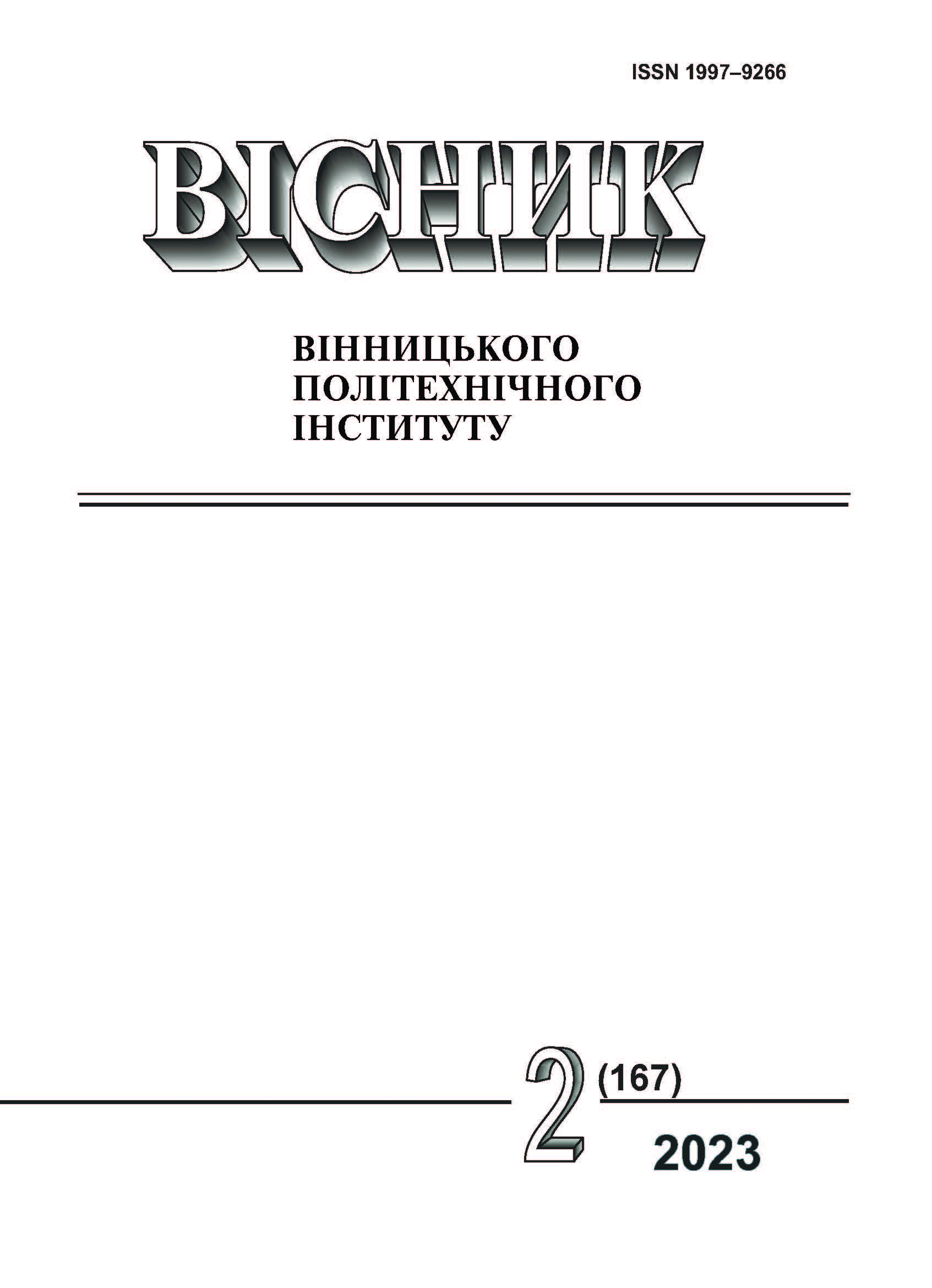ТЕОРЕТИЧНІ ОСНОВИ ПРОГРАМНОЇ РЕЛЯТИВІЗАЦІЇ У ТЕХНОЛОГІЧНИХ СИСТЕМАХ ПРОГРАМУВАННЯ
DOI:
https://doi.org/10.31649/1997-9266-2023-167-2-72-80Ключові слова:
концепт, монада, композит, композиція, редукція, середовище програмування, оракульні схемиАнотація
У дослідженні аргументовано необхідність парадигмальних змін у технологічних основах програмування, які передбачають перехід від індивідно-суб’єктивної парадигми програмування до інтерсуб’єктивної. Запропонована інтерсуб’єктивна парадигма базується на розумінні програмування як діяльності, що обумовлена програмним уподібненням, суб’єкто-орієнтованим взаємодоповненням його активної та пасивної форм. Для реалізації такого переходу, розглянуто об’єктивізацію активно-пасивного взаємодоповнення, яка є основною передумовою реального осучаснення розуміння програмування як рефлексивно-транзитивного замикання породжуваного суб’єктом програмного уподібнення. Визначальною для об’єктивізації активної ролі суб’єкта в контексті технологічних середовищ програмування є концепт — суть–уподібнення, представлений у вигляді тієї чи іншої специфікації. Подобою ж як цілим наслідком уподібнення, тобто програмою об’єктивізується пасивна складова обумовлення. Для досягнення цієї мети, запропоновано інструмент логіко-математичних специфікацій семантико-синтаксичних аспектів програмування. Цей інструмент апробовано на прикладах, які продемонстрували загальні особливості застосування технологічного середовища програмування до породження суб’єкто-орієнтованих технологічних систем програмування та їхнього використання. Зокрема, застосування цього інструменту дозволяє створювати ефективніші технологічні системи програмування, які мають вищу якість та гнучкість у виконанні завдань. Отримані результати підтверджують необхідності парадигмальних змін у технологічних основах програмування та є одним з можливих варіантів розв’язання проблеми парадигмальних змін і подальшої технологізації програмування, а також демонструє загальні особливості застосування технологічного середовища програмування для породження суб’єктно-орієнтованих технологічних систем програмування та їхнього використання.
Посилання
Д. Є. Кнут, Искусство программирования. Основные алгоритмы. М.: Вильямс, 2007.
І. В. Редько, и П. О. Яганов, «Концептуальна модель технологічного середовища програмування,» Наукові вісті КПІ, № 1, с. 18-26, 2020. https://doi.org/10.20535/kpi-sn.2020.1.197953 .
I. Redko, P. Yahanov, and M. Zylevich, “Concept-Monadic Model of Technological Environment of Programming,” 2020 IEEE 2nd International Conference on System Analysis & Intelligent Computing (SAIC), Kyiv, Ukraine, 2020, pp. 125-130, https://doi.org/10.1109/SAIC51296.2020.9239204 .
І. В Редько, П. О. Яганов, і М. О. Зилевіч, «Редукційне концептування оракульних схем,» Системні дослідження та інформаційні технології, № 1, с. 21-33, 2021. https://doi.org/10.20535/SRIT.2308-8893.2021.1.02 .
И. В. Редько, «Прагматические основания дескриптивных сред,» Проблемы программирования, № 3, с. 3-25, 2005.
Г. В. Лейбниц, Сочинения в 4-х томах. М.: Мысль, 1982.
В. Н. Редько, «Композиции программ и композиционное программирование,» Программирование, № 5, с. 3-24, 1978.
В. Н. Редько, «Дефиниторы и метод дефиниторного процессирования,» Кибернетика, № 6, с. 52-56, 1974.
И. А. Басараб, Н. С. Никитченко, и В. Н. Редько, Композиционные базы данных. К.: Лыбидь, 1992.
В. Н. Редько, «Основы програмологии,» Кибернетика и систем. анализ, № 1, с. 35-57, 2000.
В. Н. Редько, «Основы композиционного программирования,» Программирование, № 3, с. 3-13, 1979.
В. Н. Редько, Н. В. Гришко, и И. В. Редько, «Экспликативное программирование в среде логико-математических спецификаций,» УкрПРОГ98, с.71-76, 1998.
И. В. Редько, и Н. В. Гришко, «Экспликативное программирование в среде интеграции,» Проблемы программирования, № 2, с. 59-65, 2004.
D. I. Redko, I. V. Redko, P. O. Yahanov, and T. L. Zakharchenko, “Compositional basis in programmer activity,” Системні дослідження та інформаційні технології, № 4, с. 83-96, 2015.
А. И. Мальцев, Алгоритмы и рекурсивные функции. М.: Наука, 1965.
Д. Б. Буй, Примитивные программные алгебры. Киев, 1984.
A. Пуанкаре, О науке. М.: Наука, 1990.
##submission.downloads##
-
PDF
Завантажень: 129
Опубліковано
Як цитувати
Номер
Розділ
Ліцензія

Ця робота ліцензується відповідно до Creative Commons Attribution 4.0 International License.
Автори, які публікуються у цьому журналі, згодні з такими умовами:
- Автори зберігають авторське право і надають журналу право першої публікації.
- Автори можуть укладати окремі, додаткові договірні угоди з неексклюзивного поширення опублікованої журналом версії статті (наприклад, розмістити її в інститутському репозиторії або опублікувати її в книзі), з визнанням її первісної публікації в цьому журналі.
- Авторам дозволяється і рекомендується розміщувати їхню роботу в Інтернеті (наприклад, в інституційних сховищах або на їхньому сайті) до і під час процесу подачі, оскільки це сприяє продуктивним обмінам, а також швидшому і ширшому цитуванню опублікованих робіт (див. вплив відкритого доступу).





